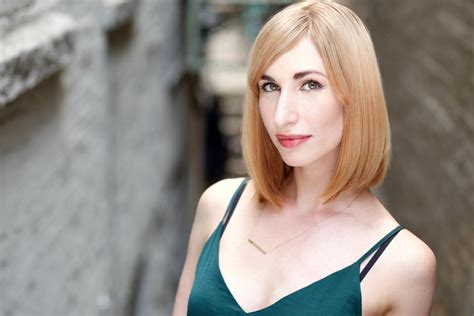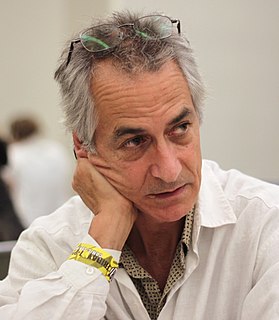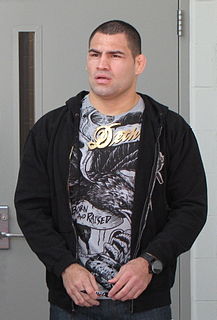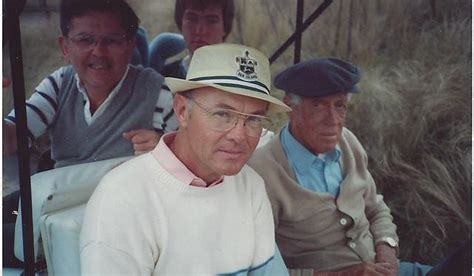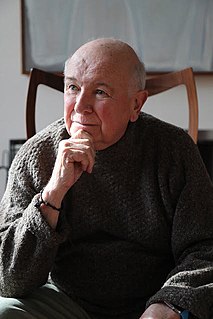A Quote by Whitney Wolfe Herd
I'm very artistic and creative, disorganised - ambitious, I would say, if that even makes sense. I'm definitely not the most mathematical person in the world; not scientific. I can't even work out a tip; it's really sad. But I've always thought, play up your strengths and let someone else handle your weaknesses. It's OK. Work together.
Related Quotes
I've known people who thought that reaching their potential would come from shoring up their weaknesses. But do you know what happens when you spend all your time working on your weaknesses and never developing your strengths? If you work really hard, you might claw your way all the way to mediocrity! But you'll never get beyond it.
Say who you are, really say it in your life and in your work. Tell someone out there who is lost, someone not yet born, someone who won’t be born for 500 years. Your writing will be a record of your time. It can’t help but be that. But more importantly, if you’re honest about who you are, you’ll help that person be less lonely in their world because that person will recognise him or herself in you and that will give them hope.
You grow most in your areas of greatest strength. You will improve the most, be the
most creative, be the most inquisitive, and bounce back the fastest in those areas
where you have already shown some natural advantage over everyone else your strengths. This doesn't mean you should ignore your weaknesses. It just means
you'll grow most where you're already strong.
I think thing that makes Batman so endlessly interesting is that he's one of the most flawed and deeply human characters, even though he seems completely the most inhuman and infallible in costume. Psychologically he's one of the most complicated in both his strengths and his weaknesses. For me, one of his great strengths and weaknesses is that confidence. His emotional self-protection is one of the things that makes him heroic and sacrificing; he doesn't have a personal life. He sacrifices those to be the best hero he can be.
Work with good directors. Without them your play is doomed. At the time of my first play, I thought a good director was someone who liked my play. I was rudely awakened from that fantasy when he directed it as if he loathed it. . . . Work with good actors. A good actor hears the way you (and no one else) write. A good actor makes rewrites easy. A good actor tells you things about your play you didn't know.
But don't forget who you really are. And I'm not talking about your so-called real name. All names are made up by someone else, even the one your parents gave you. You know who you really are. When you're alone at night, looking up at the stars, or maybe lying in your bed in total darkness, you know that nameless person inside you...Your muscles will toughen. So will your heart and soul. That's necessary for survival. But don't lose touch with that person deep inside you, or else you won't really have survived at all.
You start to learn that democracies don't work when it comes to artistic expression. You learn that if you don't handle your business, someone else is going to handle it and be sneaky about it, and put an extra dollar in their pocket. You learn all sorts of things you take to your next relationship. You're constantly learning about what you don't want to do, first and foremost, which leads you to what you do want to do.
When you're operating on uninvestigated theories of what's going on and you aren't even aware of it, you're in what I call "the dream." Often the dream becomes troubling; sometimes it even turns into a nightmare. At times like these, you may want to test the truth of your theories by doing The Work on them. The Work always leaves you with less of your uncomfortable story. Who would you be without it? How much of your world is made up of unexamined stories? You'll never know until you inquire.
God is at work in all the circumstances of your life to bring out the good for you, even if you had never heard of Romans 8:28. His work is not dependent upon your faith. But the comfort and joy that statement is intended to give you is dependent upon your believing it, upon your trusting in Him who is at work, even though you cannot see the outcome of that work.


